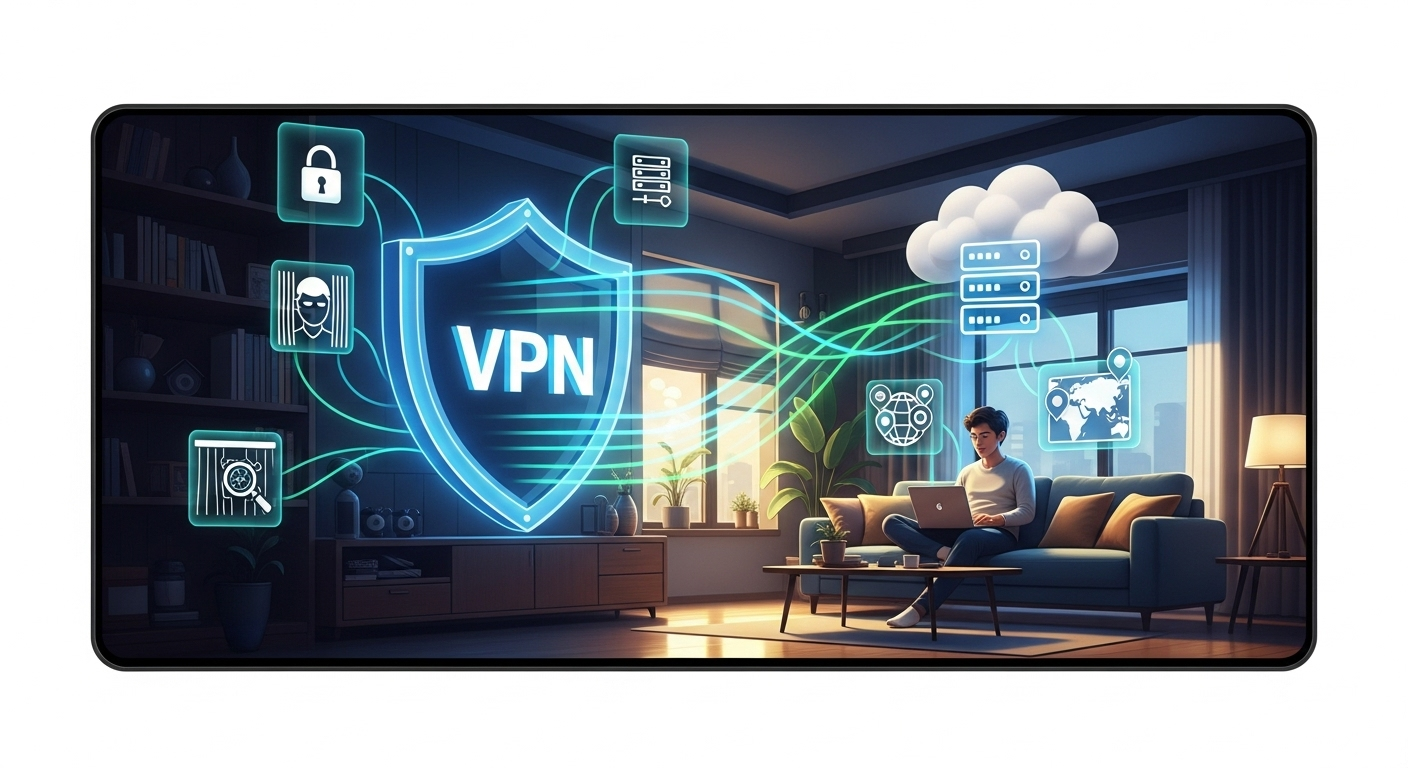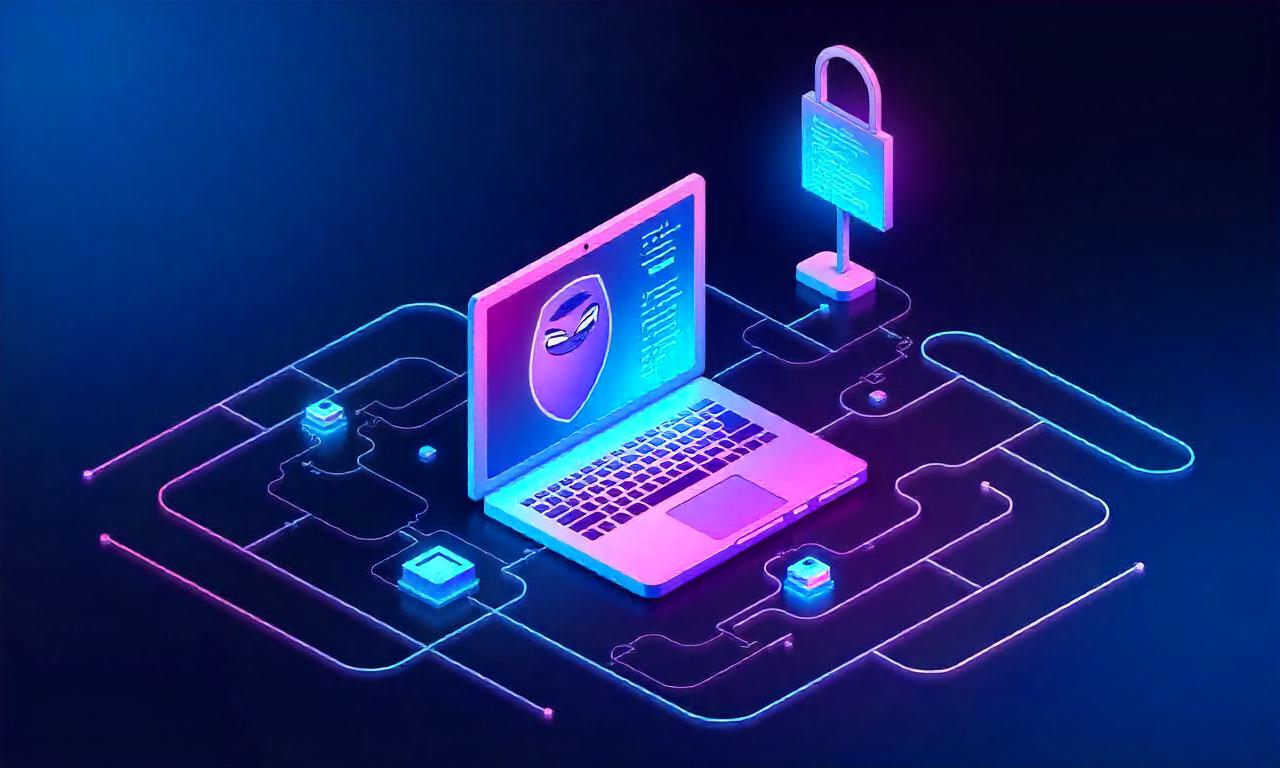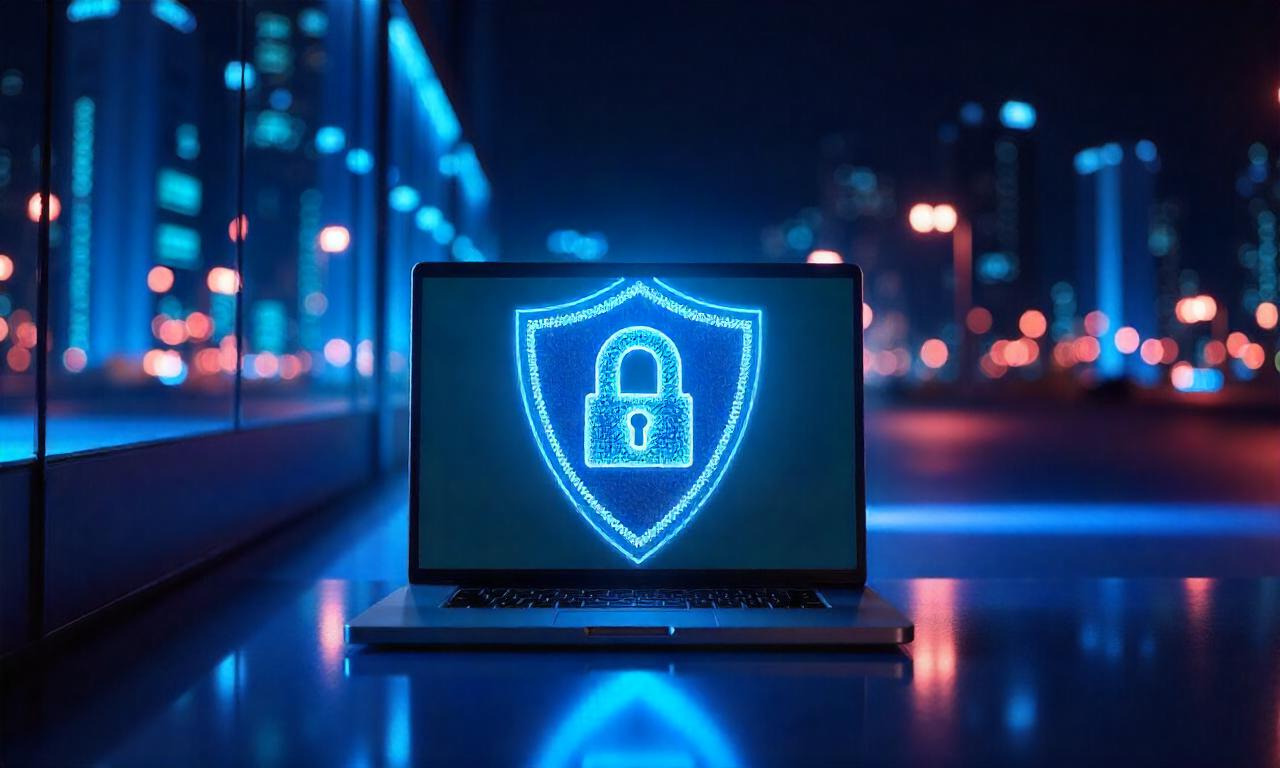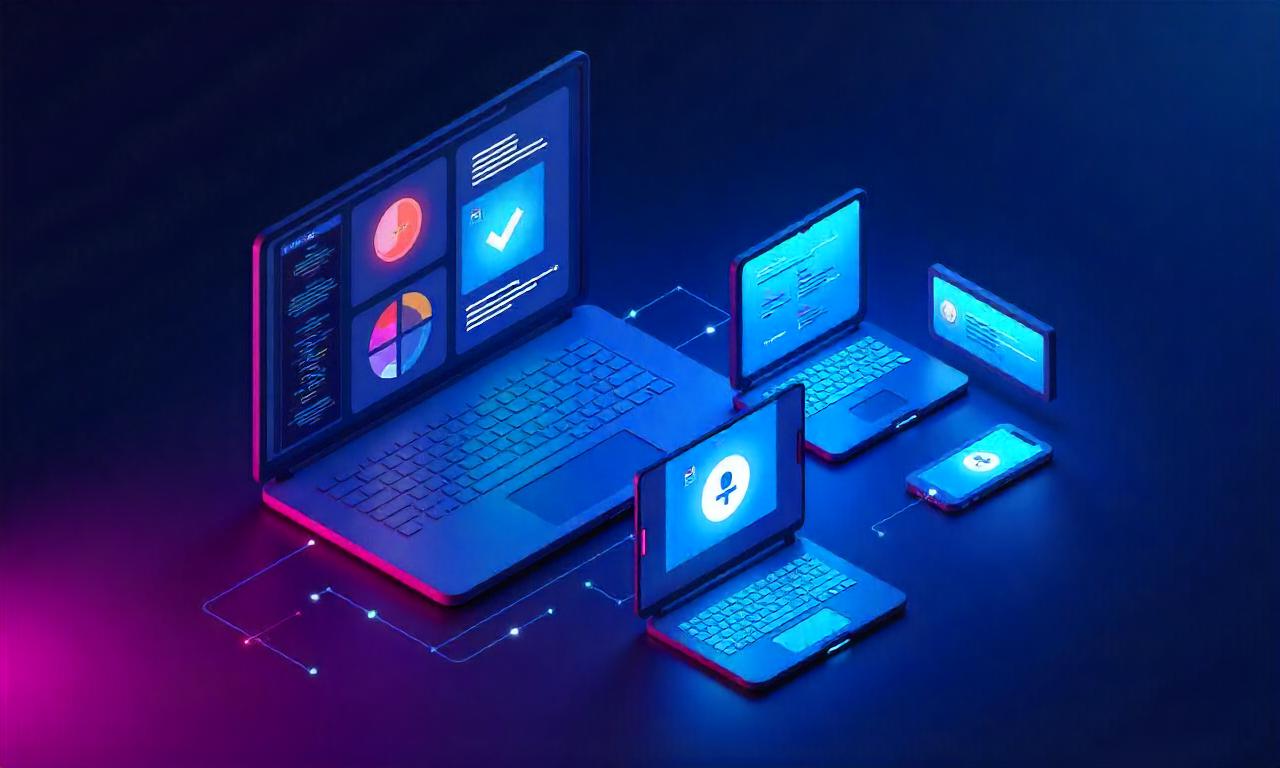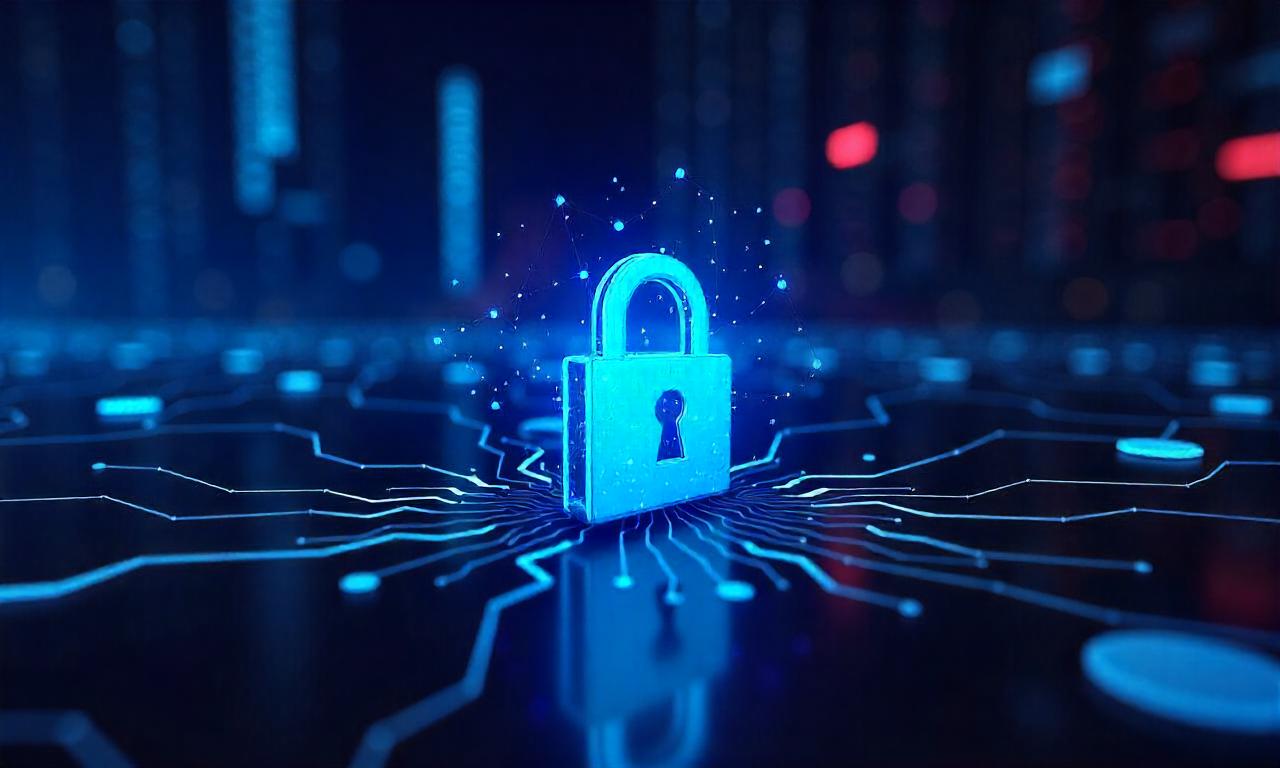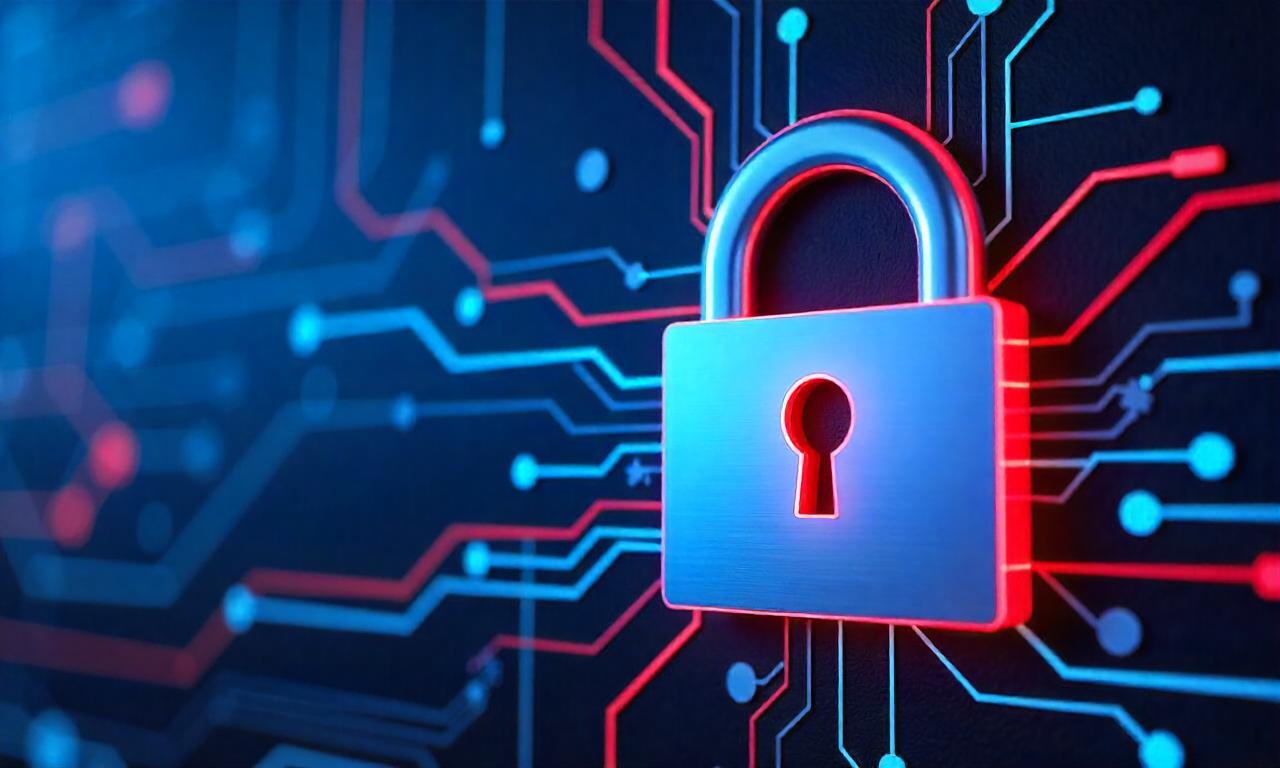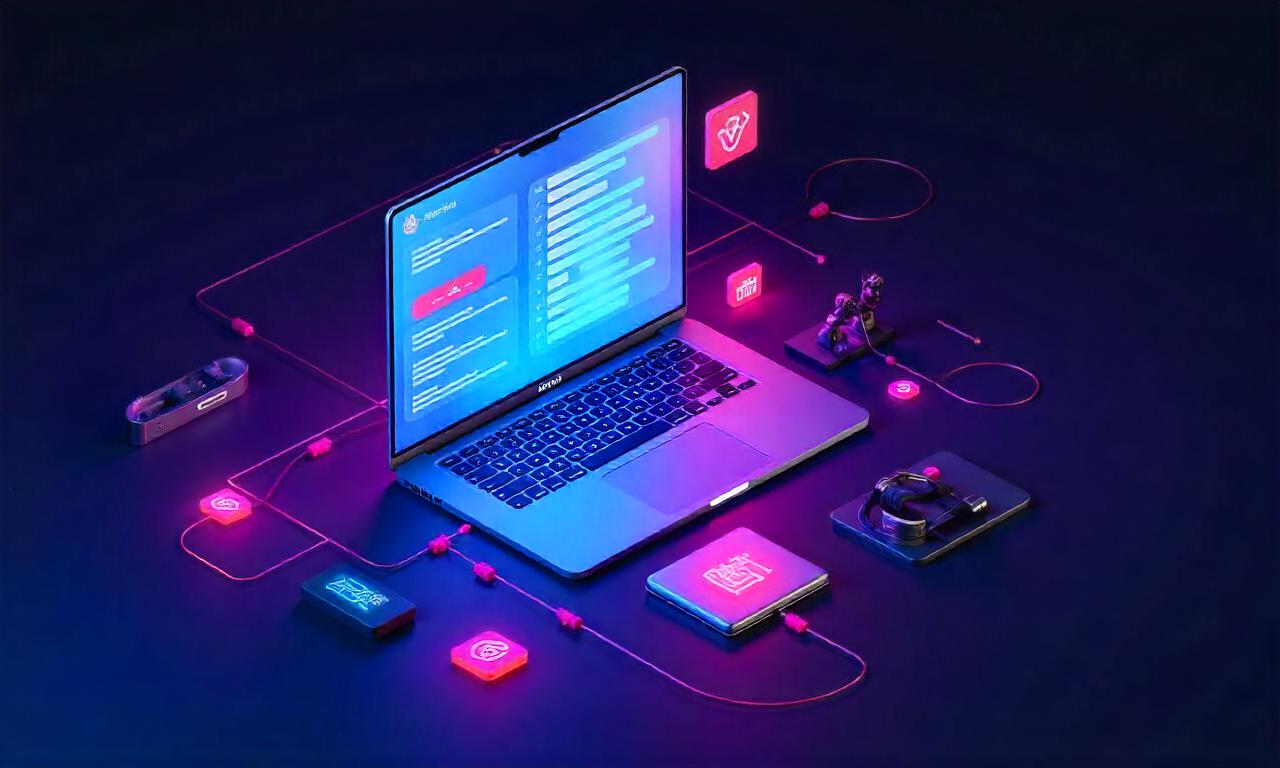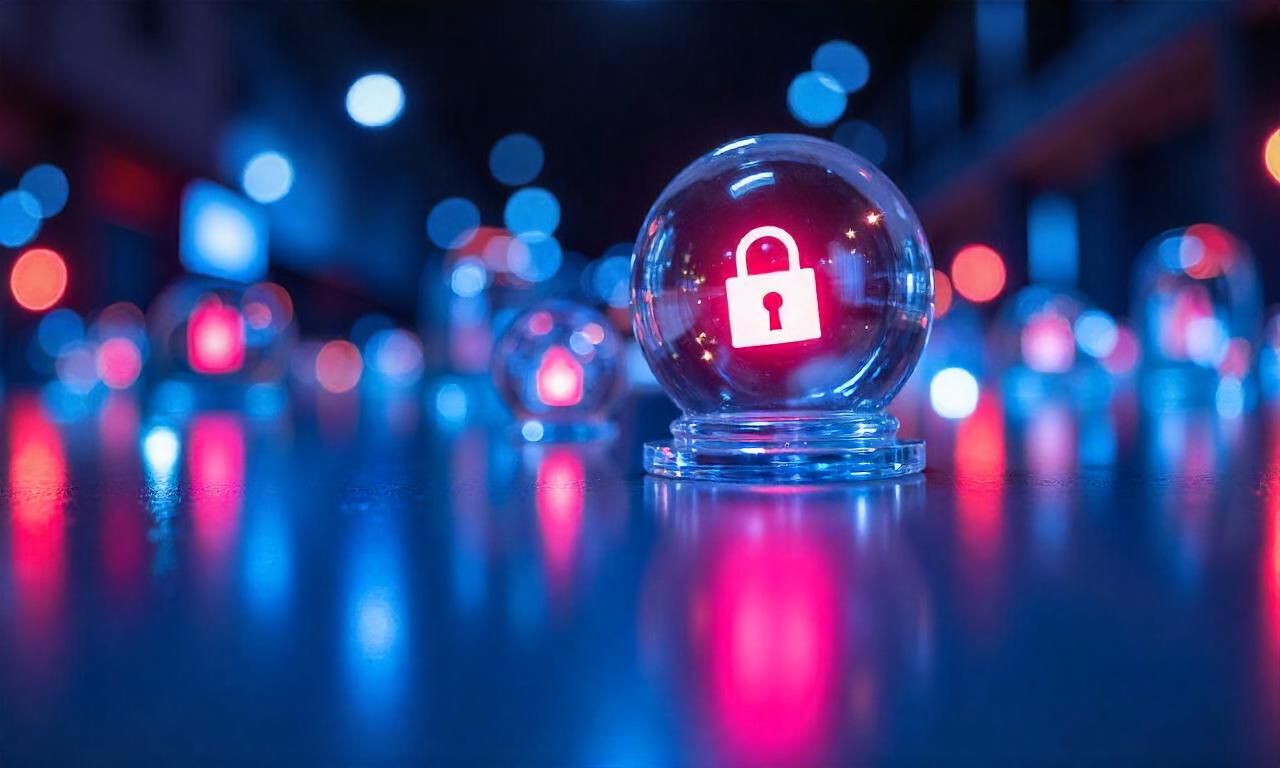In today's hyper-connected world, our homes have transformed into digital hubs. From remote work and online education to streaming entertainment and managing smart devices, our home Wi-Fi networks are the invisible backbones of our daily lives. However, this convenience comes with a hidden cost: a significant increase in our vulnerability to cyber threats and privacy invasions. While we lock our physical doors, we often leave our digital doors wide open. This is where a Virtual Private Network (VPN) becomes not just a useful tool, but an essential utility. As awareness grows, many people are now discovering the extensive benefits of using a vpn at home to reclaim their digital sovereignty and fortify their personal corner of the internet.
Table of Contents
ToggleFortifying Your Digital Fortress: Enhanced Security Against Cyber Threats
In the vast landscape of the internet, your home network can be seen as a private castle. However, without the right defenses, its walls are more like glass than stone. Every device connected to your Wi-Fi—from your laptop and smartphone to your smart TV and security camera—is a potential entry point for malicious actors. A VPN acts as your digital gatekeeper and armored guard, creating a powerful first line of defense against a wide array of online dangers. It’s a proactive step towards transforming a vulnerable network into a secure digital fortress.
At its core, a VPN secures your internet connection through a process called encryption. When you connect to the internet through a VPN, it creates a secure, encrypted "tunnel" between your device and the VPN server. All the data that travels through this tunnel—your browsing history, passwords, financial details, and private messages—is scrambled into unreadable code. Most reputable VPNs use military-grade AES-256 encryption, the same standard used by governments and security agencies worldwide. This means that even if a hacker managed to intercept your data, they would see nothing but a meaningless jumble of characters.
While many associate the need for a VPN with public Wi-Fi hotspots in cafes or airports, the security benefits at home are equally critical. Your home Wi-Fi is not inherently immune to attacks. A poorly secured router, weak passwords, or vulnerabilities in your Internet Service Provider's (ISP) infrastructure can leave you exposed. By encrypting all traffic leaving your home network, a VPN ensures that your online activities remain confidential and protected from prying eyes, regardless of any potential weaknesses in your local network setup.
Preventing Man-in-the-Middle (MitM) Attacks
A Man-in-the-Middle (MitM) attack is a common and dangerous form of cyberattack where a malicious actor secretly positions themselves between two parties—for example, you and your bank's website—to intercept, read, or even alter the communication. On an unsecured network, this can happen without you ever realizing it. The attacker could capture your login credentials, credit card numbers, or other sensitive information, leading to identity theft or financial loss.
This is where a VPN's encryption becomes indispensable. By establishing an end-to-end encrypted tunnel, a VPN makes the data you send and receive completely unreadable to any third party trying to eavesdrop. If a cybercriminal attempts a MitM attack on your VPN-protected connection, all they will capture is the encrypted data packet. Without the decryption key, which is securely held between your device and the VPN server, this information is entirely useless to them. It effectively neutralizes the threat, allowing you to browse, shop, and bank online with confidence.
Securing Your Smart Home (IoT) Devices
The Internet of Things (IoT) has brought incredible convenience into our homes, with devices like smart speakers, thermostats, lighting systems, and security cameras. However, these devices are notoriously insecure. They are often manufactured with default, easily guessable passwords and rarely receive timely security updates, making them a prime target for hackers. A compromised smart camera could be used to spy on your family, or a hacked smart hub could give an intruder control over your entire home network.
A key benefit of a home VPN is its ability to protect these vulnerable devices. While you can't install a VPN app directly on most IoT gadgets, you can install a VPN on your home router. When you configure a VPN at the router level, every single device that connects to your Wi-Fi is automatically protected by the VPN's encrypted tunnel. This creates a secure umbrella over your entire smart home ecosystem, shielding your IoT devices from being exploited as a backdoor into your digital life.
Reclaiming Your Privacy: Staying Anonymous Online
In the digital age, privacy is a commodity. Every click, search, and online purchase is tracked, collected, and analyzed by a vast network of corporations and data brokers. Your Internet Service Provider (ISP) has a front-row seat to all your online activities, and they are legally permitted in many countries to monitor and even sell your browsing data to advertisers. A VPN is one of the most powerful tools available to the average person to reclaim their digital privacy and move through the online world with greater anonymity.
The primary way a VPN protects your privacy is by masking your IP address. Think of your IP address as the digital equivalent of your home mailing address; it identifies your device on the internet and reveals your approximate geographical location. When you connect to a VPN, your real IP address is hidden and replaced with the IP address of the VPN server you've connected to. If you're in New York and connect to a VPN server in Switzerland, any website or online service you visit will see a Swiss IP address, not yours.
This simple act of IP masking has profound implications for your privacy. It breaks the link between your online activities and your real-world identity. Advertisers can no longer track your location and browsing habits with the same accuracy. Websites can't build a persistent profile of you based on your IP address. It effectively allows you to browse the web without leaving a trail of digital breadcrumbs leading directly back to your front door, restoring a level of anonymity that has been largely lost.
Preventing ISP Throttling and Monitoring
Your ISP sees everything you do online. They know which websites you visit, how long you spend on them, what videos you stream, and what files you download. This data is incredibly valuable, and many ISPs use it for targeted advertising or sell it to third-party data miners. Furthermore, ISPs often engage in a practice known as bandwidth throttling, where they intentionally slow down your internet connection for certain types of high-bandwidth activities, such as HD streaming, online gaming, or torrenting, in order to manage network congestion.
A VPN effectively puts blinders on your ISP. Because all your internet traffic is encrypted, your ISP can see that you are connected to a VPN server and how much data you are using, but they cannot see the specifics of your activity. They don't know if you're streaming a movie on Netflix, attending a Zoom meeting, or playing a video game. This prevents them from throttling your connection based on your activities, often resulting in more consistent and sometimes even faster speeds for streaming and downloading. More importantly, it stops them from logging and monetizing your private browsing history.
Shielding Your Data from Ad Trackers and Data Miners
The modern internet is fueled by a massive data-tracking industry. Tech giants, social media platforms, and advertising networks use sophisticated tracking scripts and cookies to monitor your behavior across different websites. They build detailed profiles about your interests, habits, political views, and purchasing intent, all tied to your IP address and other digital identifiers. This information is then used to serve you hyper-targeted ads and can be sold or shared in ways you would never approve of.
By masking your IP address, a VPN throws a wrench in the gears of this tracking machine. Because your IP address and perceived location are constantly changing depending on which VPN server you connect to, it becomes significantly more difficult for data miners to build a consistent and accurate profile of you. Some VPN services even include built-in features that block trackers, malware, and intrusive ads at the source, providing an additional layer of defense against this pervasive surveillance economy and giving you a cleaner, more private browsing experience.
Unlocking a World of Content: Bypassing Geo-Restrictions
One of the most popular and immediate benefits of using a VPN at home is its ability to circumvent geo-restrictions. Due to complex licensing and broadcasting rights agreements, much of the content on the internet is "geo-blocked," meaning it's only accessible to users in specific countries or regions. You may have encountered this when trying to watch a video and seeing a message like, "This content is not available in your country." This can be frustrating, especially when you're paying for a subscription service but can't access its full range of content.
A VPN provides an elegant solution to this problem. As mentioned, a VPN allows you to route your internet traffic through a server located in another country. By doing so, you effectively "borrow" that server's IP address, making it appear to any website or service you visit that you are physically located in that country. For example, if you are traveling abroad and want to access your home country's streaming service, you can simply connect to a VPN server in your home country and log in as you normally would.
This capability fundamentally changes your relationship with online content, transforming the internet from a series of walled gardens into a truly global network. It empowers you to access information, entertainment, and services without being limited by your physical location. Whether it's for entertainment, education, or staying connected, a VPN opens up a world of possibilities that would otherwise be locked away.
Expanding Your Streaming Library
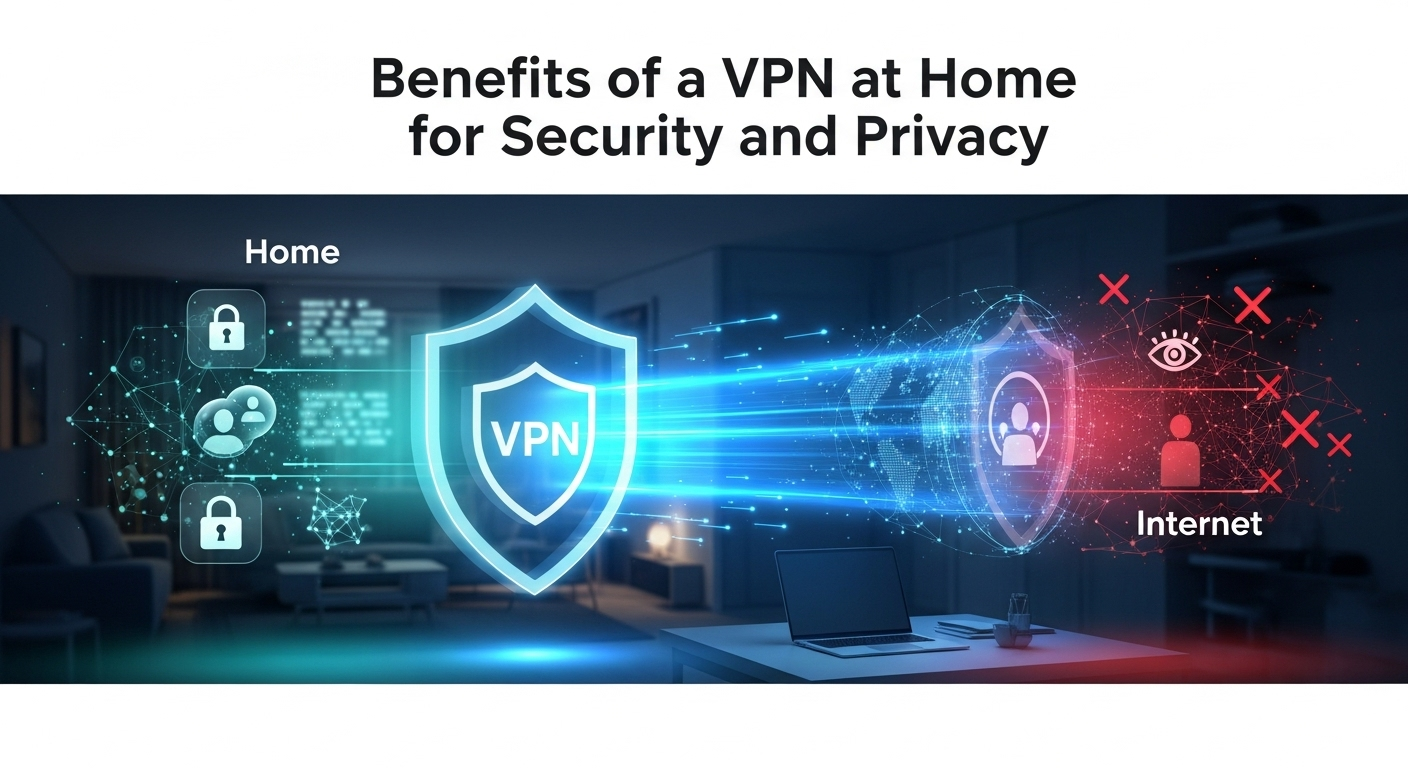
Streaming services like Netflix, Hulu, Disney+, and Amazon Prime Video offer different libraries of movies and TV shows in different countries. The U.S. version of Netflix, for instance, has a vast catalog that is often different from what's available in the UK, Japan, or Canada. With a VPN, you can legally access these international libraries. By connecting to a VPN server in the United States, you can log in to your existing Netflix account and browse the extensive American library.
This feature is a game-changer for movie buffs and TV show enthusiasts. It allows you to get more value out of your existing subscriptions by dramatically expanding the amount of content available to you. Similarly, you can use a VPN to access free, region-specific streaming services like the BBC iPlayer in the UK or Tubi in the U.S. It’s important to note that streaming services are aware of this and sometimes try to block VPN traffic, so choosing a high-quality VPN with a large, well-maintained server network is crucial for a smooth streaming experience.
Accessing Global Sporting Events and Services
The benefits extend far beyond movies and TV shows. Sports fans can use a VPN to watch live games that are blacked out in their local region or to access international sports broadcasts that aren't available domestically. For example, you could connect to a server in Europe to watch a Formula 1 race through a local broadcaster's free stream. Gamers can use a VPN to access games that are released earlier in other time zones or to connect to game servers in different regions to play with friends abroad.
Furthermore, a VPN is invaluable for accessing essential online services and news websites that may be blocked or censored in certain countries. While you may be at home in a country with an open internet, this capability is crucial for anyone who travels or has family in more restrictive regions. It ensures you can always maintain access to a free and open internet, regardless of local censorship or network-level blocks.
Ensuring Safe and Secure Financial Transactions
Your home internet connection is the gateway for some of your most sensitive activities, including online banking, shopping, and managing investments. A single security lapse during one of these transactions could have devastating financial consequences. While banks and reputable eCommerce sites use encryption (look for "HTTPS" in the URL), the security of your connection is only as strong as its weakest link, which could be your home router or even your ISP's network.
A VPN provides an essential, hardened layer of security for all your financial dealings online. By wrapping your entire connection in AES-256 encryption, it ensures that your bank login credentials, credit card numbers, and other personal financial data are completely shielded from potential eavesdroppers. It creates a private and secure channel directly from your device to the internet, minimizing the risk of your information being intercepted and exploited.
This added layer of protection provides invaluable peace of mind. In an era of frequent data breaches and sophisticated phishing scams, knowing that your financial information is traveling through an encrypted tunnel can alleviate much of the anxiety associated with managing your money online. It’s a simple preventative measure that can save you from the immense stress and financial hardship of becoming a victim of cybercrime.
| Activity | Risk Without a VPN on Home Wi-Fi | Protection With a VPN |
|---|---|---|
| Online Banking | Potential interception of login credentials or transaction details via a compromised router or MitM attack. | End-to-end encryption scrambles all data, making it unreadable to attackers. Your bank only sees traffic from the secure VPN server. |
| Online Shopping | Credit card details and personal information (name, address) could be captured by trackers or through network vulnerabilities. | IP address masking and encryption prevent trackers from profiling you and secure your payment details from being stolen in transit. |
| General Browsing | ISP logs and sells your browsing history. Ad networks build detailed profiles based on your IP address and activity. | Encryption hides your activity from your ISP. A masked IP makes it difficult for ad networks to build a consistent user profile. |
| Using IoT Devices | Insecure devices can be hijacked, used for surveillance, or act as an entry point for hackers to access your entire network. | A router-level VPN protects all devices, even those without native VPN support, creating a secure network-wide shield. |
A Necessity for the Modern Home Office
The global shift towards remote work has fundamentally blurred the lines between our homes and our offices. For millions of people, a corner of the living room or a spare bedroom is now a corporate workspace. This new reality introduces a unique set of security challenges. Your home network, which was previously used for personal browsing and entertainment, is now handling sensitive corporate data, confidential client information, and private company communications.
Many companies provide their employees with a corporate VPN to securely access the company's internal network. However, a personal VPN for home use still offers significant benefits. It helps to segregate your personal and professional online activities. Using a personal VPN for your non-work browsing on your own devices ensures your ISP can't see or log your personal activity, which could otherwise be associated with a network used for work. It adds a layer of personal privacy that complements the security provided by your employer.
For freelancers, entrepreneurs, and small business owners who don't have the backing of a corporate IT department, a personal VPN is not just a benefit—it's a necessity. It becomes your primary tool for securing client communications, protecting sensitive project data, and ensuring that your business activities remain confidential. It allows you to work securely from anywhere, whether at home or on the go, providing enterprise-level security on a consumer-friendly budget. A VPN is a foundational investment in the security and integrity of a modern home-based business.
Frequently Asked Questions (FAQ)
Q: Won't a VPN slow down my internet connection?
A: It's true that a VPN can introduce a slight decrease in speed because your data has to travel an extra step to the VPN server and undergo encryption/decryption. However, with modern premium VPN services, this speed loss is often negligible and unnoticeable for most activities. In some cases, if your ISP is throttling your connection, a VPN can actually increase your speed for certain activities like streaming.
Q: Is using a VPN at home legal?
A: Yes, in the vast majority of countries around the world, including the United States, Canada, the UK, and most of Europe, using a VPN for privacy and security is completely legal. However, using a VPN to conduct illegal activities is still illegal. A few countries with heavy internet censorship have restricted or banned VPN use, so it's wise to check local laws if you are traveling.
Q: Can I just use a free VPN?
A: While tempting, it's highly advisable to avoid free VPNs. Running a VPN service costs money (for servers, development, and support). If the service is free, you are likely the product. Many free VPNs make money by logging your data and selling it to third parties, injecting ads into your browser, or having very weak security. A reputable, paid VPN service operates on a transparent business model where your subscription fee pays for your privacy and security.
Q: Do I need a VPN if I already have antivirus software?
A: Yes, they serve two different but complementary purposes. Antivirus software protects your device from malware, viruses, and malicious files that are already on your computer. A VPN protects your data in transit as it travels over the internet, encrypting your connection and hiding your IP address. For comprehensive security, you should use both.
Q: How do I choose the right VPN for my home?
A: Look for a reputable VPN provider with a strict no-logs policy, which means they don't track or store any information about your online activities. Other key features to consider are strong encryption (AES-256), a kill switch (which cuts your internet if the VPN connection drops), a large network of servers in various countries, and good customer support.
Conclusion
In an era where our digital and physical lives are inextricably linked, securing our home internet connection is as crucial as locking our front door. A VPN has evolved from a niche tool for tech enthusiasts into a fundamental utility for the modern household. The benefits of using a VPN at home are clear and compelling: it provides robust security against cyber threats through encryption, reclaims your privacy from ISP and corporate surveillance by masking your IP address, and grants you the freedom to access a global internet without artificial borders.
From protecting your financial transactions and securing your smart home devices to enhancing your remote work setup and unlocking a world of entertainment, a VPN offers comprehensive protection and peace of mind. It is a simple, effective, and affordable investment in your digital safety, privacy, and liberty. In the 21st century, a high-quality VPN is no longer a luxury; it's an essential part of responsible digital citizenship.
***
Article Summary
This article, "Benefits of a VPN at Home for Security and Privacy," provides a comprehensive guide on why a Virtual Private Network (VPN) is an essential tool for any modern household. It highlights that a VPN enhances security by encrypting all internet traffic, creating a secure "tunnel" that protects users from cyber threats like Man-in-the-Middle attacks and secures vulnerable smart home (IoT) devices when installed on a router. The article also emphasizes privacy benefits, explaining how a VPN masks your IP address to prevent tracking by ISPs, advertisers, and data miners, and helps avoid ISP bandwidth throttling. Furthermore, it details how a VPN can bypass geo-restrictions, allowing users to access international streaming libraries, global sporting events, and other region-locked content. Finally, the piece underscores the importance of a VPN for securing sensitive financial transactions online and as a critical tool for the security and privacy of remote workers and freelancers. A concluding FAQ section addresses common user concerns, solidifying the argument that a VPN is a foundational investment in digital safety and freedom.

